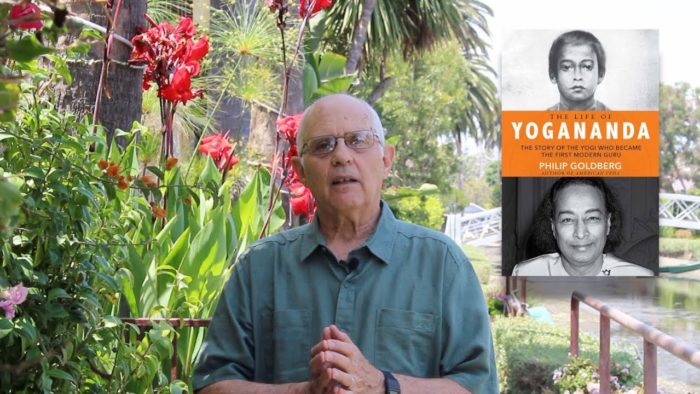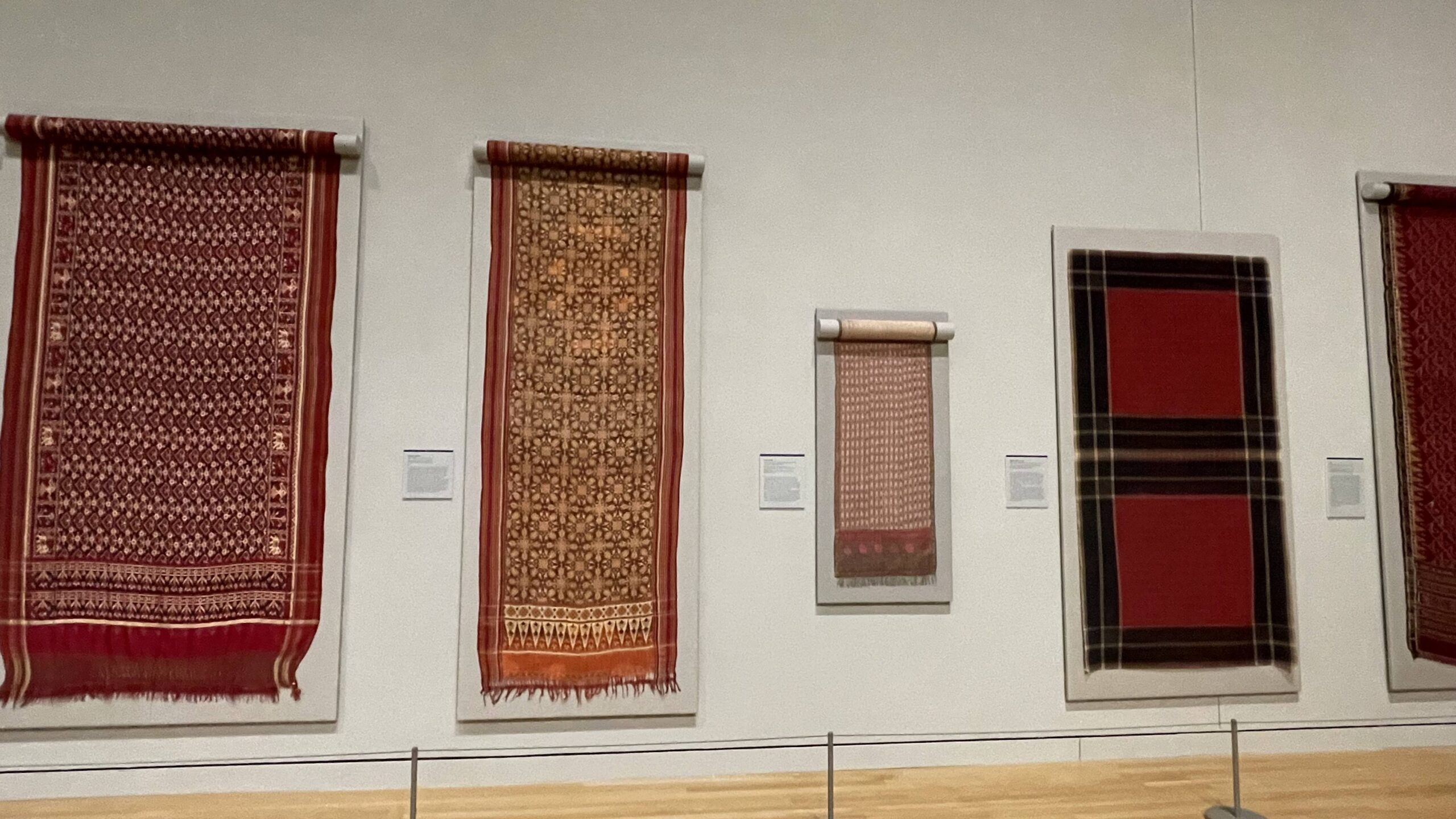American Vedanta commentator Phil Goldberg has perhaps interviewed the most number of Vedanta scholars and practitioners over a period of over two decades. This resulted in his popular book American Veda. In difficult times, he has advanced sales of his latest book Spiritual Practice for Crazy Times, which was slated to be published in August this year. He says, “The book has so much to offer right now, when times could not be crazier.”
In this interview with CSP, Phil talks about how Vedanta can help tide over these crazy times.
Commentators are saying the Covid-19 issue is as much about philosophy and ethics as it is about medicine and economics. How do you think things would have panned out if the leaders of today were guided by Vedanta?
Phil Goldberg: I can’t say what would have been different in this specific instance, but I wish leaders were always guided by Vedanta. Anyone who deeply understands the core Vedantic teachings would appreciate the inescapable connection among all human beings and all life forms on the planet, and that vision would lead to decisions different from those rooted in narrow self-interest or nationalism.
That said, my ideal would be that leaders were also yogis. As Vedanta itself tells us, we need both knowledge and experience. It’s one thing to be guided by a philosophy of profound Oneness; it is another to know that oneness, to feel that oneness, and to have one’s heart and mind guided by the unity with the Divine that Vedanta points to and the methods of Yoga cultivate.
Heyam Dukham Anagatam - Is this going to be the new mantra for the world? Are people going to approach yoga differently post-Corona?
Those are two different questions. As for the first, I won’t predict anything but it would be great if that were to transpire – provided people understood the deep significance of heyam dukham anagatam. On the second question, we can only hope that the current crisis accelerates the progress that people like me have been trying to make over the past few years in teaching people that yoga is not just physical exercise. Maybe the forced isolation will help people snap out of their materialistic delusions and realize that the peace and happiness they search for outside themselves was within them all along.
There is going to be a lingua spiritus in the future, you write. "We will see Vedantic precepts expressed in the language of Physics, neurobiology, psychology, and medicine." Please could you elaborate based on your interviews and experiences.
This process has been going on for over a century now. It accelerated in the 1960s and 70s with the advent of research on meditation and other practices in the yogic repertoire. Gradually, what had always been seen as spiritual practices became medicalized. Doctors, psychotherapists, and even business consultants applied meditation, pranayama, asana, etc. to their disciplines and secularized both the language that describes the practices and the delivery systems.
Unfortunately, they often diluted and distorted the practices themselves in an effort to make them more palatable to people in the West, but the overall effect has probably been positive in that methods discerned by the seers of India are now part of mainstream life in the West. And, it should be emphasized, the same process has helped transform the spiritual landscape of because over the decades Vedantic principles and yogic practices have deepened the spiritual lives of a tremendous number people—Christians, Jews, Atheists, etc.
Critics of Indian civilisational values say it is not scientific or is not backed by rational explanations - whether it is India's Ayurveda or Indian cultural practices. You cite a beautiful example of J Krishnamurthy influencing MIT's Peter Senge. How do these spheres of influence work? Why were these scientists drawn to JK's teachings?
It wasn’t just Krishnamurti; every teacher who came here from India was friendly with scientists. Vivekananda and Tesla were friends who learned from one another. Yogananda dedicated Autobiography of a Yogi to his friend Luther Burbank.
Maharishi Mahesh Yogi hosted symposiums with top scientists and got researchers to study meditation. And so forth. Schrodinger, Heisenberg, Oppenheimer – they all read Vedantic literature. This is a consistent theme in the whole American Veda story. Vedanta and Yoga philosophies are rational and empirical. It’s understandable that people might look at everyday Hinduism in India and see the murtis and pujas and think it’s irrational or superstitious. But anyone who looks deeper will find the rational, empirical foundations.
You write about Vedanta. How has it influenced the course of your life?
I was a restless, confused youngster in the 1960s, searching for answers to big questions and trying to find a route to a fulfilled life. All the formulas and norms of mainstream culture failed me - and many thousands of people like me. Into the vacuum came books about Eastern philosophy. I was drawn first to Zen and then to Vedanta. It changed radically how I understood human life, its purpose, its relation to the cosmos, etc. That led to meditation practice, and that was transformative in a different way. The teachings of the rishis have guided my life ever since. If I had to choose one sentence to live life by it would be “Established in Yoga, perform action,” from chapter 2, verse 48 of the Gita.





